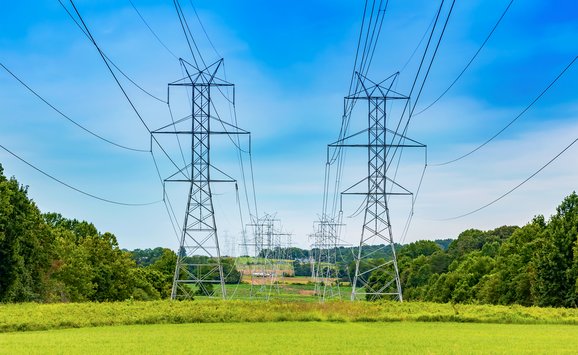The US Environmental Protection Agency’s Clean Power Plan suffered a setback this week as the Supreme Court blocked the agency from requiring states to submit compliance plans until the program is reviewed by a lower court. Beyond the Clean Power Plan, and given polarized opinions on various regulatory approaches to tackling climate change, some argue that carbon emissions reductions would be better addressed by a carbon tax.
RFF experts discuss the issue:
- Marc Hafstead and Roberton C. Williams III find that a carbon tax is unlikely to reduce the number of jobs in the US economy. Instead, jobs will shift away from polluting industries toward cleaner ones, a transition that can be made smoother by sound policy design.
- Similarly, Chad Stone notes that a climate rebate delivered through existing tax and benefit systems could “fully offset the impact of a carbon tax on the purchasing power of low- and moderate-income households."
- Gilbert Metcalf discusses how including a carbon tax in overall tax reform could “contribute to the overall efficiency of the tax system.”
Read more analysis at: www.rff.org/carbontax.
RFF on the Issues connects today’s pressing news with related research and expertise at RFF.





